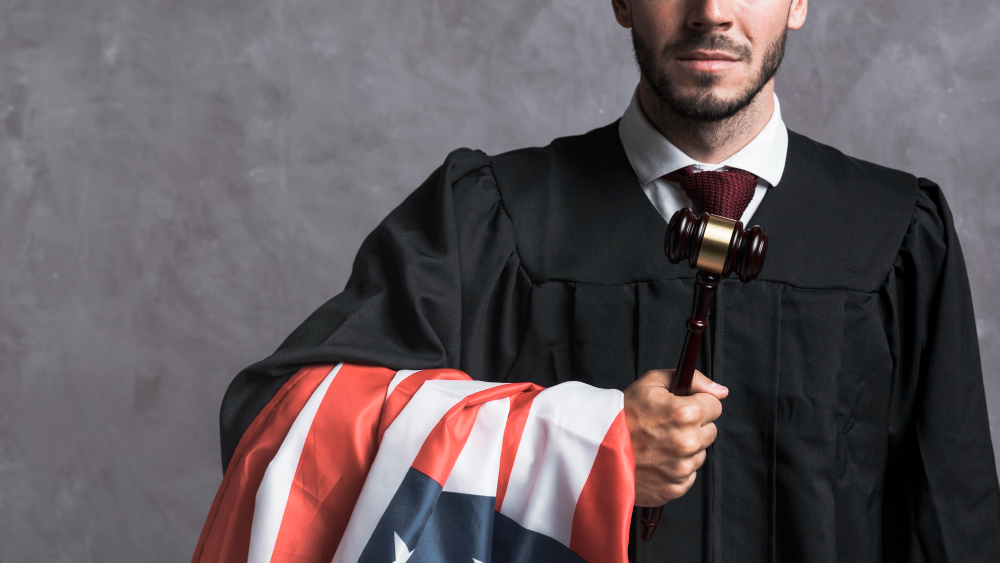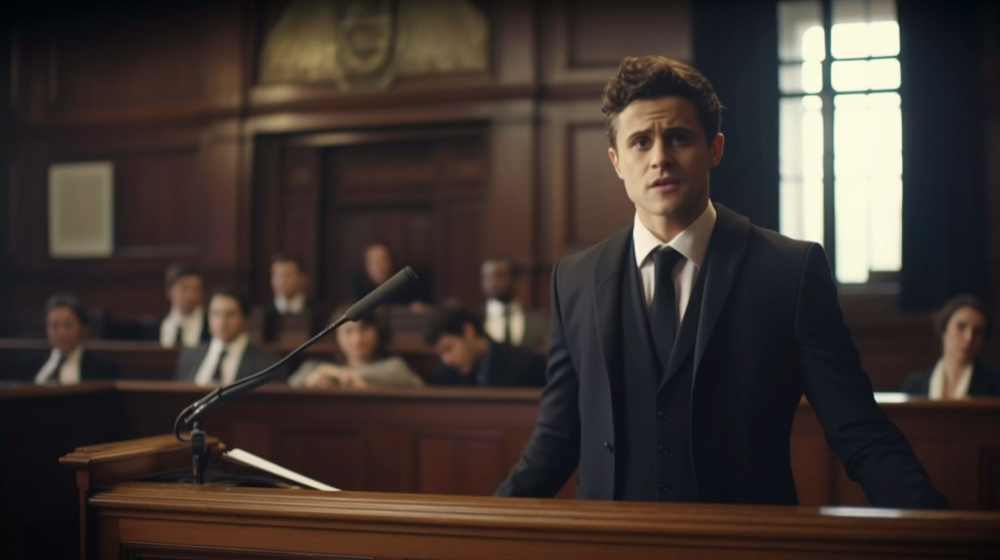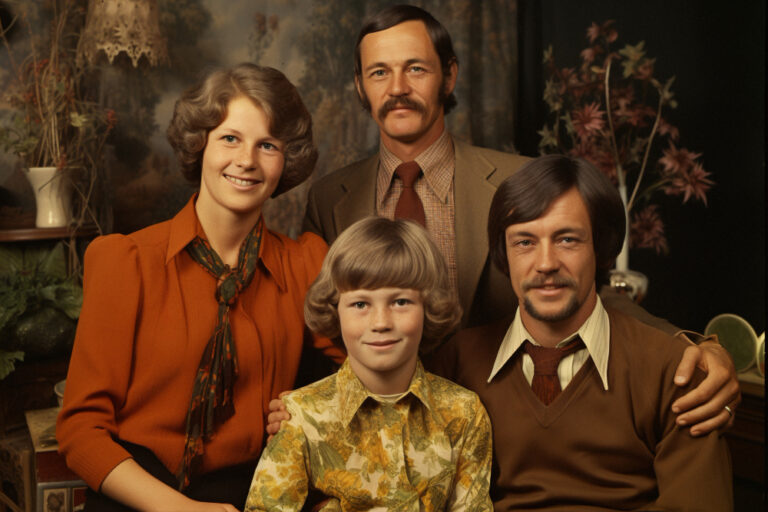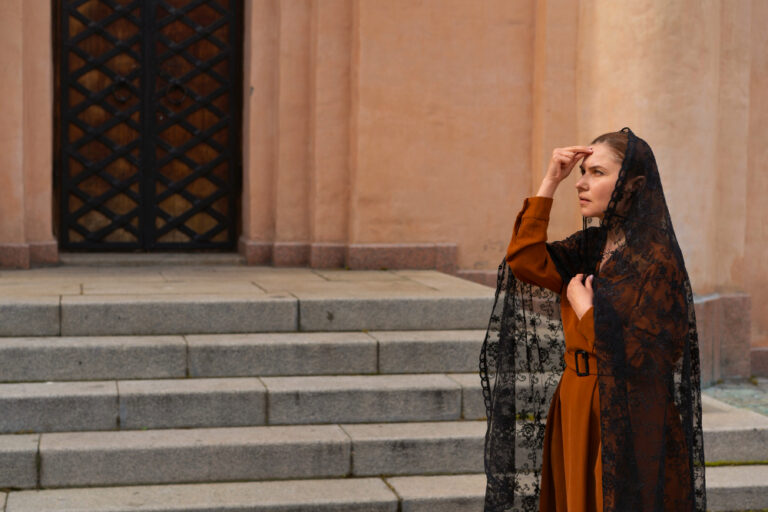The C.W. Park USC Lawsuit: Unraveling the Legal Battle and Its Impact on Higher Education
In recent years, legal battles between individuals and large institutions have captured the public’s attention due to their intricate details and significant implications. One such case is the lawsuit involving C.W. Park USC Lawsuit and the University of Southern California (USC). This lawsuit has not only brought to light numerous legal intricacies but also raised important questions about institutional accountability, individual rights, and the complexities of legal processes in higher education.
Background of the Case
C.W. Park USC Lawsuit, a former professor at USC, initiated a lawsuit against the university, alleging wrongful termination, breach of contract, and other related claims. The case, known as the “C.W. Park USC Lawsuit,” has garnered widespread attention due to its high-profile nature and the prestigious status of USC as a leading educational institution.
Allegations and Claims
The lawsuit centers on several key allegations made by C.W. Park:
- Wrongful Termination: Park claims that his termination from USC was unjust and violated the terms of his employment contract. He argues that the university failed to provide a valid reason for his dismissal and did not follow proper procedures.
- Breach of Contract: According to C.W. Park USC Lawsuit breached the terms of his employment contract by terminating him without cause. He asserts that the university did not uphold its contractual obligations, including providing job security and due process.
- Retaliation: Park alleges that his termination was a form of retaliation for his involvement in whistleblowing activities. He contends that he reported certain unethical practices within the university, which led to his unfair dismissal.
- Discrimination: The lawsuit also includes claims of discrimination based on age, race, and national origin. C.W. Park USC Lawsuit actions were motivated by discriminatory factors, which further compounded the wrongful nature of his termination.
USC’s Response
USC has vehemently denied the allegations made by C.W. Park. The university maintains that Park’s termination was justified and carried out in accordance with established policies and procedures. USC’s legal team has argued that the claims of wrongful termination, breach of contract, retaliation, and discrimination are unfounded and lack merit.
Legal Proceedings
The legal battle between C.W. Park USC Lawsuit has been marked by a series of complex legal proceedings, including pre-trial motions, discovery, and hearings. Both parties have presented extensive evidence and arguments to support their respective positions. The case has attracted significant media attention, with various news outlets closely following the developments.
Implications for Higher Education
The C.W. Park USC Lawsuit has far-reaching implications for higher education institutions and their employees. This case highlights several critical issues that are relevant to the broader academic community:
- Employment Contracts: The C.W. Park USC Lawsuit underscores the importance of clear and enforceable employment contracts. It emphasizes the need for universities to adhere to the terms of their contracts and ensure that termination procedures are fair and transparent.
- Whistleblower Protection: The case raises questions about the protection of whistleblowers within academic institutions. It highlights the potential risks faced by individuals who report unethical practices and the need for robust safeguards to prevent retaliation.
- Discrimination: The allegations of discrimination in the C.W. Park USC Lawsuit draw attention to the ongoing challenges of addressing bias and ensuring equal treatment within higher education. It underscores the importance of implementing effective policies to combat discrimination and promote diversity and inclusion.
- Institutional Accountability: The lawsuit serves as a reminder of the need for accountability and transparency in higher education. It emphasizes the importance of holding institutions accountable for their actions and ensuring that they uphold ethical standards and legal obligations.
Public Perception and Media Coverage
The C.W. Park USC lawsuit has generated significant public interest and media coverage. Various news outlets have reported on the case, highlighting the key allegations, legal arguments, and potential implications. The media coverage has contributed to a broader public discourse on issues related to higher education, employment practices, and institutional accountability.
Expert Opinions
Legal experts and academics have weighed in on the lawsuit, offering diverse perspectives on its merits and implications. Some experts argue that C.W. Park USC Lawsuit claims raise valid concerns about employment practices and whistleblower protection in higher education. Others contend that USC’s defense highlights the challenges of managing employment disputes and maintaining institutional integrity.

Potential Outcomes
As the lawsuit progresses, several potential outcomes could emerge:
- Settlement: The parties may reach a settlement agreement to resolve the dispute outside of court. A settlement could involve financial compensation, reinstatement of employment, or other terms mutually agreed upon by both parties.
- Court Ruling: If the case proceeds to trial, the court will issue a ruling based on the evidence and legal arguments presented. The court’s decision could either vindicate Park’s claims or uphold C.W. Park USC Lawsuit actions, setting a legal precedent for similar cases in the future.
- Appeals: Regardless of the initial outcome, either party may choose to appeal the court’s decision. An appeal could prolong the legal battle and potentially result in a different outcome based on further legal review.
Broader Implications
Beyond the immediate parties involved, the C.W. Park USC lawsuit has broader implications for the academic community, legal professionals, and policymakers. It underscores the need for ongoing dialogue and reform to address the complex issues of employment practices, whistleblower protection, discrimination, and institutional accountability in higher education.
Conclusion
The C.W. Park USC Lawsuit is a high-profile legal battle that has captured the attention of the public and the academic community. As the case unfolds, it continues to shed light on important issues related to employment contracts, whistleblower protection, discrimination, and institutional accountability. The outcome of this lawsuit will not only impact the parties involved but also contribute to the broader discourse on legal and ethical practices within higher education.
As we await further developments in the C.W. Park USC lawsuit, it remains a poignant reminder of the complexities and challenges of navigating legal disputes in the academic world. Regardless of the final outcome, this case will undoubtedly leave a lasting impact on the landscape of higher education and the pursuit of justice within it.







